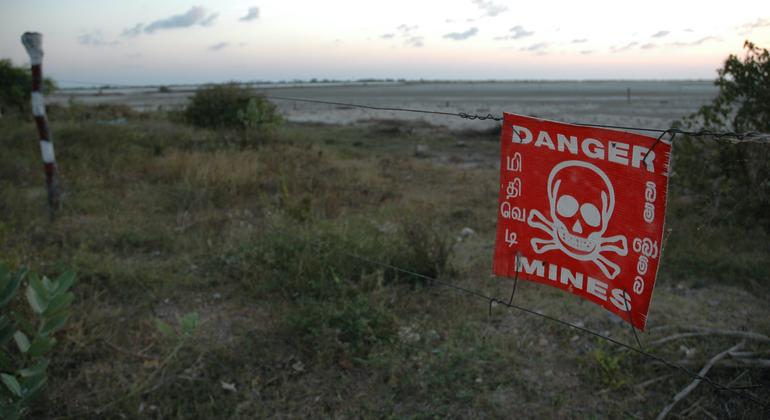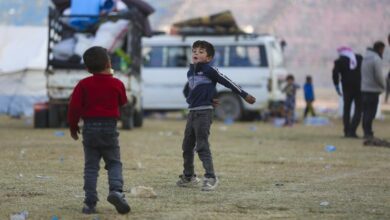The UN human rights office called on Sri Lanka to reveal the fate of the missing person


The the call accompanied the launch of an important report via OHCHRalso emphasized the need for the Government to acknowledge the involvement of State security forces and issue a public apology.
From the 1970s to 2009, Sri Lanka witnessed widespread enforced disappearances, mainly carried out by the national army and related paramilitary groups.
The Liberation Tigers of Tamil Eelam (LTTE) also engaged in kidnappings, which, according to the United Nations Working Group on Enforced or Involuntary Disappearances, amounted to enforced disappearances.
OHCHR noted that despite a number of formal measures by successive governments, such as the ratification of the International Convention for the Protection of All Persons from Enforced Disappearance and the establishment of the Office on Missing Persons and the Compensation Office, “real progress on the ground toward comprehensive resolution of individual cases.” is still limited.”
Continuous suffering
United Nations High Commissioner for Human Rights Volker Türk emphasized the continued suffering of families waiting for information about their loved ones.
“This report is another reminder that all the forcibly disappeared Sri Lankans must never be forgotten… their families and those who care about them have waited a long time. They have the right to know the truth.”x
Nearly 15 years after the end of the civil war and decades since the first disappearances, Sri Lankan authorities continue to fail to ensure accountability for these violations.
“Responsibility must be addressed. We need to see institutional reform for reconciliation to have a chance of success,” Mr. Türk said.
Harassed and threatened
The report outlines the far-reaching psychological, social and economic impact on families, especially on women, who often become the main breadwinners in challenging working environments, including risk of sexual harassment and exploitation.
Many women seeking information about their missing relatives have faced harassment, threats and violence from security forces.
One woman recounted threats from the military and police, highlighting the dangers faced by supporters of the missing.
The family is still waiting
Under international law, the State has a clear obligation to address cases of enforced disappearance, violations of which continue until clarified, according to OHCHR.
However, many families still do not have answers. A man testified before a national commission about his missing son, saying:
“Two weeks passed, then two months, then two years. Now it’s been 32 years and I’m still waiting.”




